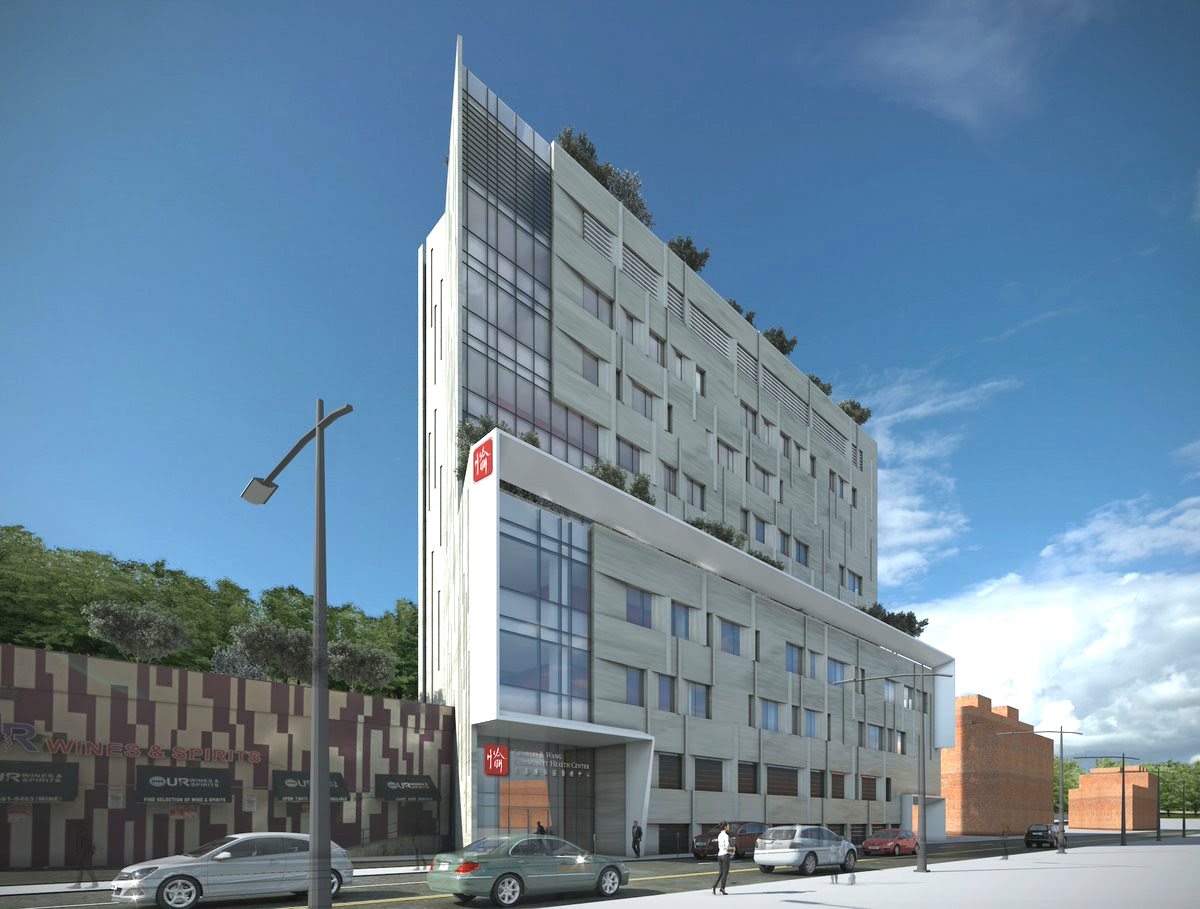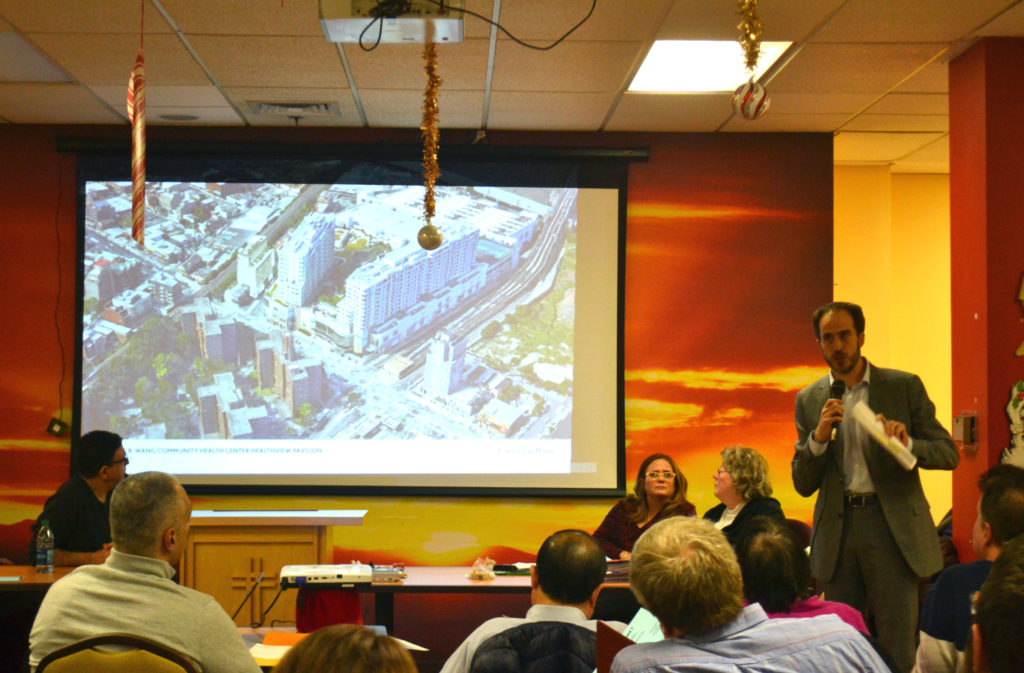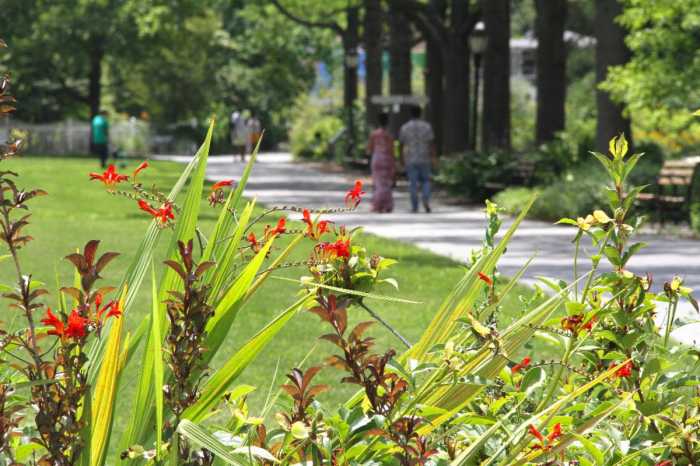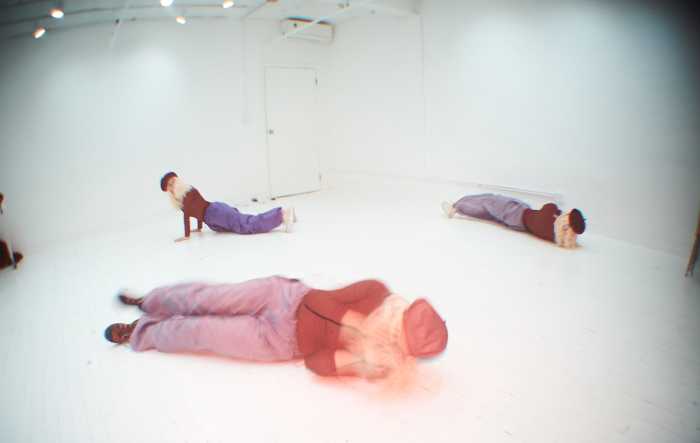A $65 million Flushing healthcare facility proposed as part of the mayor’s “Caring Neighborhoods” initiative got the thumbs down from Community Board 7 this week.
After a lengthy conversation between board members, healthcare operators and their legal representation, Community Board 7 recommended denial of a site developer’s request for waivers to build a facility at 40th Road and College Point Boulevard. In all, 22 members voted in favor of the recommendation, and 13 opposed it. The request must still go before the Board of Standards and Appeals (BSA), which has the final say.
The not-for-profit facility would be operated by the Charles B. Wang Community Health Center and be a primary care access point that provides medical, dental, mental health, pediatric, gynecological and patient support services to the community, regardless of ability to pay or immigration status.
The center currently operates three locations in Manhattan and two in the Flushing area, which are “bursting at the seams,” according to legal representative Ethan Goodman from Fox Rothschild. Goodman said the group has been searching for a new site for a pure expansion for about seven years.
“After six or seven years, the only property that they could find that was big enough to serve their needs and accommodate the square footage that they need for their patient rooms and exam room is here on the corner of 40th Road and College Point Boulevard,” Goodman said. “Because of this unique property, we can’t actually comply with zoning resolution to build our program.”
Site developers are seeking zoning relief to reduce the side yard and high setback requirement and off-street parking requirements; they want to build just 34 parking spots instead of the mandated 198 spaces under the existing zoning. Goodman said traffic analysis of the nearby 37th Avenue site concluded that about 45 parking spots were used during peak hours.
Board members took issue with the parking request, which they said would burden an already high-traffic area. Others argued that most patients and staff would take public transportation to the site, which negates the need for additional parking. Additionally, because the center will serve many under-served families and seniors, many patients will not own a car.
Board members also asked why the center was unable to find a site that would facilitate their needs without the need for waivers. Goodman pointed to the center’s not-for-profit budget.
“The health center doesn’t have the option of going onto the competitive market for a nice 125-by-100 prime corner site to build more normally: to fit the parking in, fit the floor plate in,” he said. “They really are sort of stuck with this oddly configured, dog-legged site and they have to do the best they can.”
Board 7 Land Use Committee Chair Chuck Apelian critiqued a separate issue: the way the project was announced to the community board.
Mayor Bill de Blasio appeared in Flushing in July and announced the incoming healthcare facility at a press conference part of “City Hall in Your Borough.” The mayor hailed the project as a way of “righting wrongs” in the city’s inequitable healthcare system and said groundbreaking was expected in fall 2017.
The mayor made the announcement the day after the variance application for the site was filed with the BSA, Apelian said, and there was no mention the building required BSA approval.
“Our board is part of the approval process for a variance in this district, and the mayor’s indifference to this position prior to the announcement was very upsetting to the members of the committee,” he said during the committee report. “There’s no way we can approve a 59,232-square-foot facility that will accommodate hundreds and maybe thousands of patients and staff that only provides 34 parking spaces rather than the required 198.”
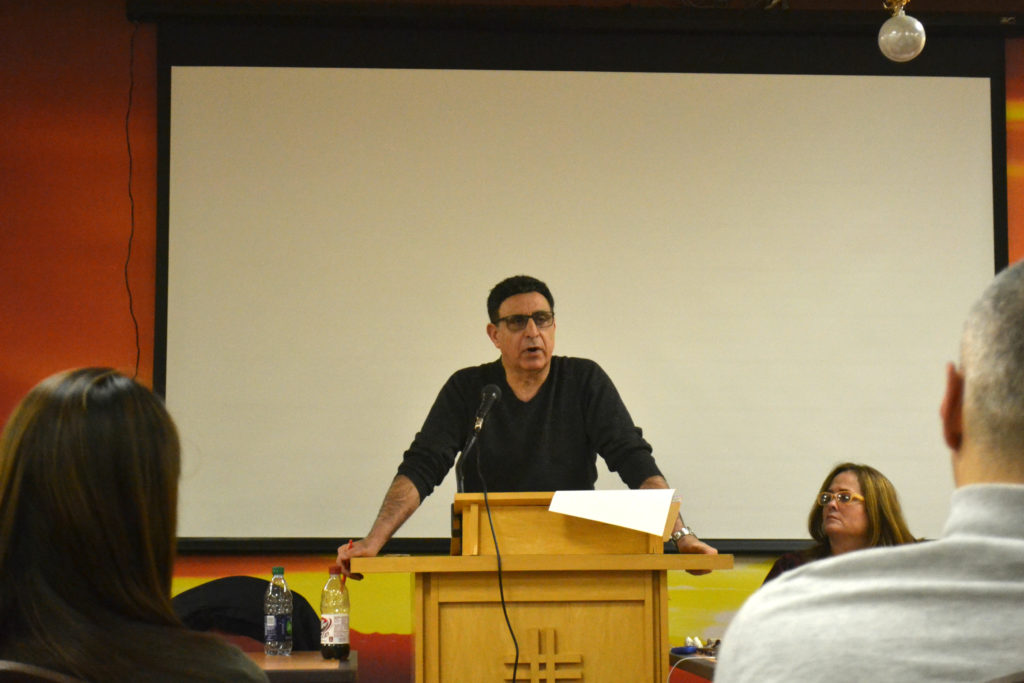
Certain board members argued the neighborhood’s need for healthcare outweighed the parking and other variance issues being debated.
“We need healthcare like this for people that are under-insured or have no insurance,” Tyler Cassell said. “We shouldn’t be hard-nosed all the time when there’s a reasonable exception.”
“This board is a caring board,” Apelian said before making the motion to deny the request. “But this is not truly in the spirit of the minimum variance.”

